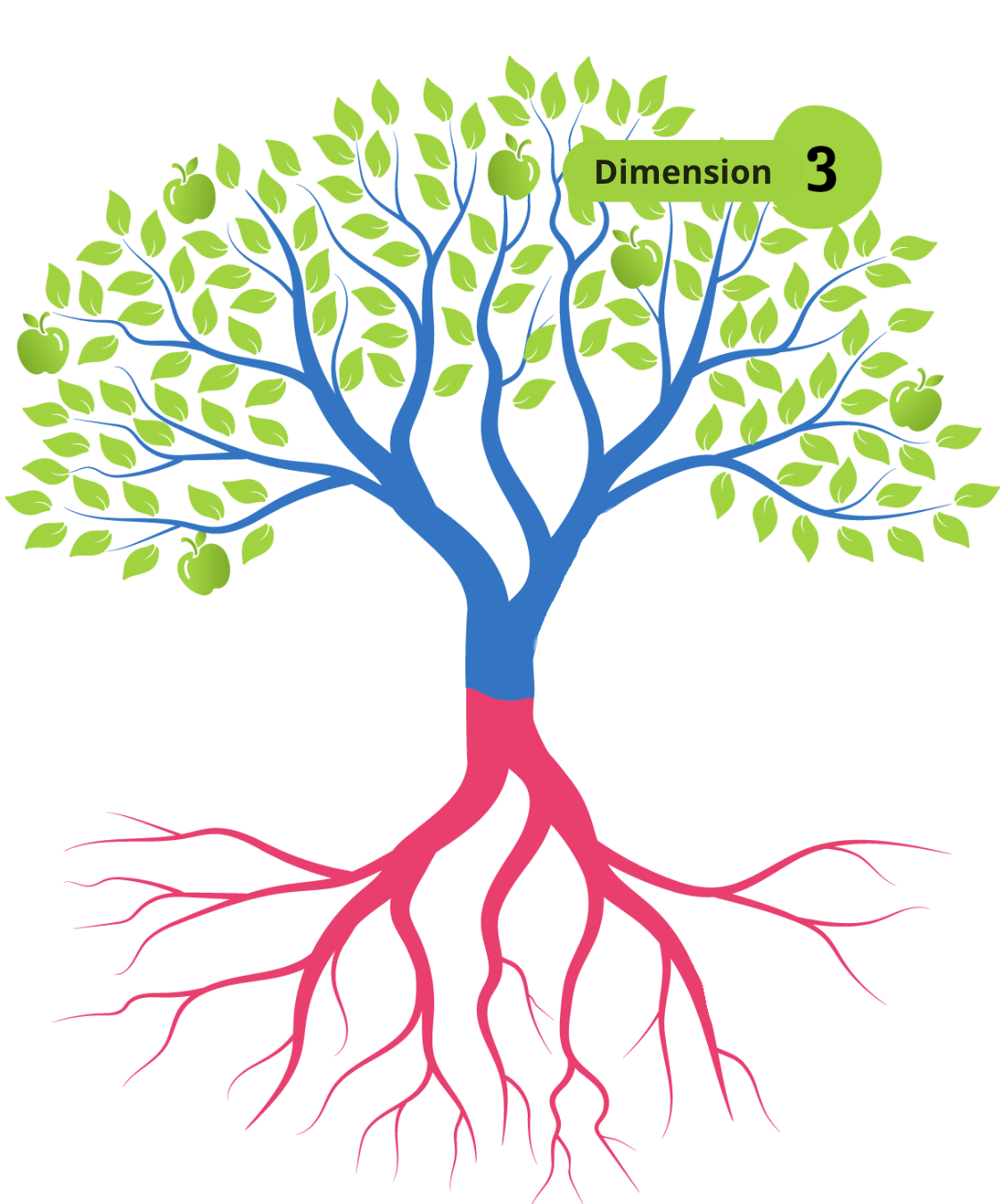Youth voice
The Impact of a Fragmented System on Caregivers and Families
“I don’t think healing has to be ‘I’m completely fixed’. I think healing is taking care of yourself, talking to people who are like-minded and have similar interests. Keeping yourself social and doing things that make you happy and just being. You just have to put yourself first sometimes and take care of yourself and do the things that nourish you I think that’s what healing is.” Read more here
Youth perspective
Andrea’s words center whole-person care and the importance of connection, culture, and everyday practices that support well-being.
Anti-Racist, Equitable, and Culturally Responsive Practices
Allocate resources to address disparities, provide ongoing training and supervision, and honor community wisdom and traditions.
- Make access to services equitable and culturally affirming: The system actively dismantles barriers and racism by supporting community-led organizations and providers who reflect the young people and families they serve.
- Develop provider skills for quality, culturally responsive care: Providers receive ongoing training, supervision, and support to deliver trauma-informed care grounded in cultural humility and self-awareness.
- Balance clinical evidence and community wisdom: Traditional healing practices and community-generated knowledge shape services alongside clinical research, with evaluation frameworks that honor different ways of knowing.
Community Orientation
Support community wellbeing through consistent engagement, flexible funding, and attention to vital conditions.
- Strengthen mechanisms for authentic partnership with communities: Community members are compensated partners in decision-making, not just voices to consult.
- Support communities to lead investments to build local capacity: Flexible funding flows directly to communities to strengthen their own priorities and natural supports.
- Strengthen communities through vital conditions and collective action: Investments are made and connect into initiatives that address the root causes—housing, economic opportunity, connection, and civic engagement—of crises before they start.


